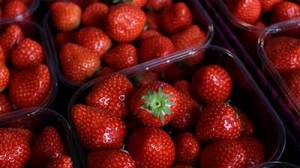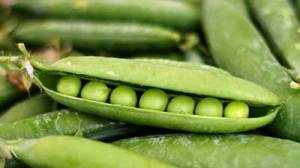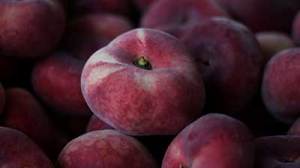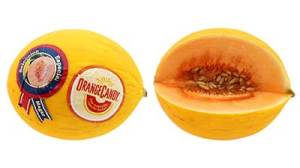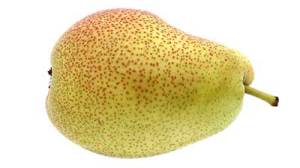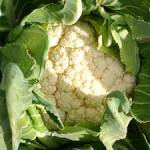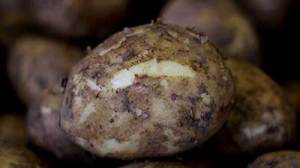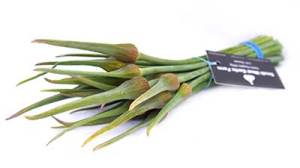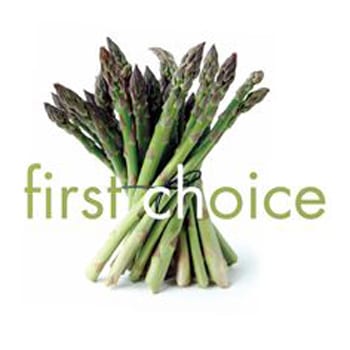Total Produce ‘Award-winning’ June Market Report
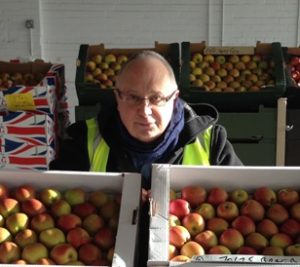
After a rather difficult and unusually chilly spring things seem to be back on track at last.
Early summer produce is flooding in to the markets from growers both at home and right across the rest of Europe. If you’re in the business of writing menus then June is a month when you’re spoilt for choice.
The European melon season starts this month and there’s already a few early melons from Spain. By the end of June we should be getting a lot more melons as quality improves and prices fall. Currently there’s early honeydew, gala and watermelons but not much in the way of orange fleshed cantaloupe.
There’s a new melons variety being grown in Spain this year, The Orange Candy. As the name suggests it has orange flesh which is unusually sweet (even for a melon). Taste and aroma are both excellent, we think it’s a winner.
Summer sunshine is working its magic and there’s plenty of very decent British strawberries and a fair few homegrown raspberries.
The first UK gooseberries should arrive by the end of the month and currants won’t be far behind.
British growers are harvesting the first of the peas and broad beans and we should see plenty more as the month goes on. Quality is terrific; small, tender and sweet; just as good raw they are cooked. In other pod news there’s some rather lovely borlotti beans from Italy, limited supplies so your local depot will need a bit of notice.
There’s already a fair supply of Spanish stone fruit and there’ll be plenty more over the coming months. Perhaps not as much as last year though, late spring frosts took their toll.
You can already choose from yellow, white and flat peaches; white and yellow nectarines, plums and cherries. We should soon see the first stone fruit from Italy and France, a few very early cherries from The Loire Valley are just beginning to trickle in.
The European melon season starts this month and there’s already a few early melons from Spain. By the end of June we should be getting a lot more melons as quality improves and prices fall. Currently there’s early honeydew, gala and watermelons but not much in the way of orange fleshed cantaloupe.
There’s a new melons variety being grown in Spain this year, The Orange Candy. As the name suggests it has orange flesh which is unusually sweet (even for a melon). Taste and aroma are both excellent, we think it’s a winner.
Apples and pears are now mainly from growers in the Southern Hemisphere, mostly New Zealand and South Africa. There’s plenty of varieties to choose from and quality is absolutely top notch.
Particularly good are the excellent Forelle pears from South Africa. Originally an old German variety that dates back over 400 years, the Forelle has a very good flavour and a firm, crisp flesh. Perfect for pastry.
Cauliflowers have been in crisis since mid winter when unusually warm weather meant that cauliflowers all matured much too early and, inevitably, glut was followed by shortage. The start of summer cauliflowers means that prices will be coming down and quality will be going up. Time to put this lovely vegetable back on your menu.
New potatoes are being dug right across the UK. From Bodmin to Edinburgh our depots have lovely new season spuds from their favourite local growers. There’s the ubiquitous Jersey Royals of course, Cornish Earlies, Pembroke New, Ayrshire Earlies and plenty more. Check with your nearest depot to see what’s local to you.
One of the great joys of early summer are the glorious garlic scapes grown by Mark Botwright at The South West Garlic Farm in Dorset. Scapes are the flowering stem of hard necked garlic and the season is very short, round about six weeks. If you want to use them then get your scapes on (sorry). Supplies are limited so your depot will probably need a couple of days notice.
June is the last full month of the British asparagus season and is usually when home-grown asparagus is at its best and cheapest (depending on weather) so make the most of it.
The British asparagus season traditionally finishes on Midsummer Day, 24th June. The harvest has to stop then to allow the spears to grow on in to fern which soaks up all that late summer sunshine and converts it into the carbohydrates that are stored in the root to fuel next year’s crop.
Once British asparagus has finished it’s airfreight only so do be ready to take it off your menus by the end of the month.
